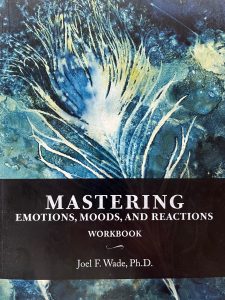Anybody can become angry – that is easy; but to be angry with the right person and to the right degree and at the right time and for the right purpose and in the right way – that is not within everybody’s power and is not easy. – Aristotle
It’s easy to get caught up in emotions, to follow the flow and intensity of our impulses. It’s natural… animal… primal. And without intervening with our consciousness, it can be dangerous. This is how we operated throughout much of human history… which is why most of human history was so terribly, horribly violent.
But it’s not how most of us today usually operate, because we have a choice. Over time, particularly through the Enlightenment, we’ve culturally refined our ability to choose – and that ability is central to what makes us human.
When we feel like reacting with anger, fear or hurt feelings – anything that feels like it’s an automatic, purely emotional response – we can react without thinking, blindly following the tides of our emotions.
Or we can choose to do something different.
Stephen Covey talks about this ability to choose as being a “pause button.” A moment between stimulus and response, that transforms that response from an automatic, rote behavior to a conscious, human one.
When we feel like reacting to a situation, instead of going right into the reaction, we can “press the pause button” and consider what we genuinely – from our consciously chosen values and priorities – want to do.
During the ‘60s, ‘70s and well into the ‘80s, the idea that we should “let our feelings out” was a common message in psychology that found its way into popular culture.
This had a positive side. Our emotions are where we live. Awareness of our feelings deepens our experience, and can help us understand one another and even think more clearly. Love, joy, excitement, elation, satisfaction, peace, warmth… as well as fear, pain, grief, anger, and sadness… These all bring us essential information about how people and events are affecting us.
Our emotions are how we experience the meaning of life. To be more in touch with our emotions is to be more in touch with ourselves. To be able to easily and appropriately express our emotions allows us to live a rich, full life with satisfying connections with others.
“Appropriately” is an important qualifier here, though. There can be a downside to emotional expression, in two ways:


Recent Comments